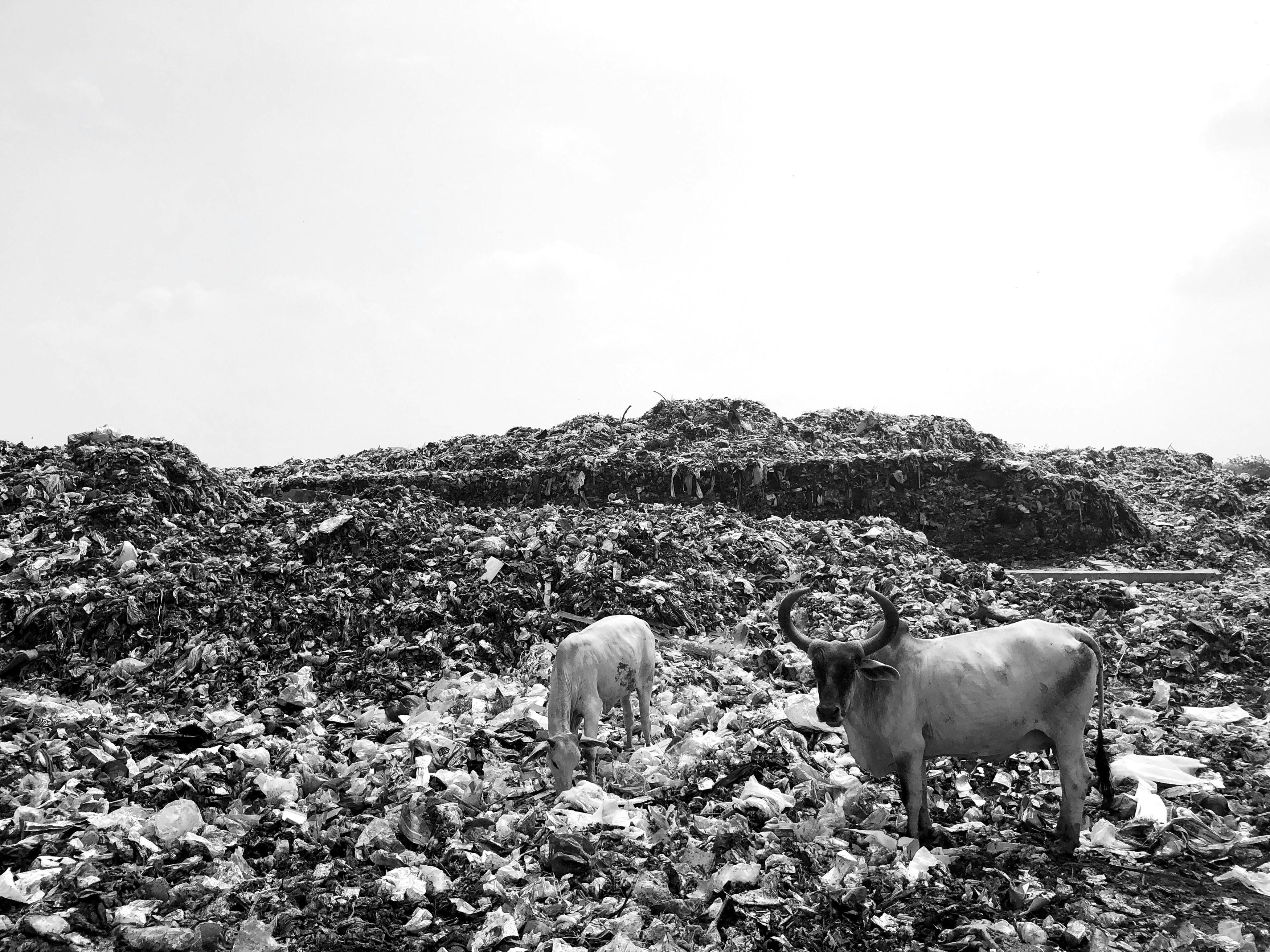In the bustling markets of Marrakech, the serene farmlands of the American Midwest, and the vibrant streets of Tokyo, a common thread weaves through the diverse tapestry of human culture: the age-old practice of consuming animals for sustenance. This practice, steeped in tradition and necessity, has long been a cornerstone of human survival and cultural identity. Yet, as we navigate the complexities of the modern world, a profound ethical debate simmers beneath the surface, challenging our perceptions and urging us to reconsider our relationship with the animals that share our planet. In this exploration of “,” we delve into the heart of this multifaceted issue, seeking to unravel the moral quandaries that arise when survival meets sentience, and tradition encounters empathy. Here, we aim to illuminate the diverse perspectives that shape this ongoing dialogue, inviting readers to reflect on the choices that define our humanity in an ever-evolving world.
Balancing Tradition and Compassion: Navigating Cultural Norms
In many cultures, the practice of consuming animal products is deeply rooted in tradition. These customs often carry historical and social significance, linking communities to their ancestral past. However, as global awareness of animal welfare and environmental sustainability grows, there is a pressing need to re-evaluate these practices. Balancing tradition with compassion requires a nuanced understanding of cultural values while also considering the ethical implications of animal consumption.
To navigate this complex terrain, individuals and societies can explore alternative practices that honor both heritage and humane principles. Some approaches include:
- Adopting plant-based alternatives that mimic traditional dishes, maintaining cultural flavors without the ethical concerns.
- Supporting local and ethical farming practices that prioritize animal welfare and reduce environmental impact.
- Engaging in community dialogues to share perspectives and collectively explore sustainable paths forward.
These strategies not only foster a more compassionate approach to food consumption but also encourage a harmonious blend of cultural continuity and ethical progress.
Exploring Sentience: Understanding Animal Consciousness
As our understanding of animal consciousness deepens, it challenges us to reconsider the moral implications of our dietary choices. Sentience, the capacity to have subjective experiences, suggests that many animals are capable of feeling pain, experiencing emotions, and having a sense of self. This knowledge compels us to question whether it is ethically justifiable to kill animals for food when they possess a level of awareness similar to our own. The debate hinges on balancing human nutritional needs and cultural practices with the recognition of animals as sentient beings deserving of moral consideration.
Considerations for this ethical conundrum often revolve around several key points:
- Moral Responsibility: Do humans have a duty to minimize harm to sentient beings, even if it conflicts with traditional dietary habits?
- Alternative Sources: With the rise of plant-based diets and lab-grown meats, are there viable alternatives that can replace animal products without compromising nutritional value?
- Welfare Standards: Can improved living conditions and humane slaughter practices sufficiently address the ethical concerns surrounding the consumption of animals?
These questions invite a deeper reflection on the ethical dimensions of our food choices, urging a shift towards practices that honor the sentience of animals while respecting human needs.

Sustainable Choices: Aligning Diet with Ethical Values
In a world increasingly focused on ethical living, the question of whether it’s morally acceptable to kill animals for food is more pertinent than ever. Many people are re-evaluating their dietary choices, striving to align their meals with their values. This shift is not just about animal welfare but encompasses broader ethical considerations such as environmental impact and social responsibility. Choosing sustainable and ethical food sources can be a complex decision that involves weighing various factors.
- Animal Welfare: Reducing suffering by opting for products from farms with humane practices.
- Environmental Impact: Considering the carbon footprint and land use associated with meat production.
- Cultural and Social Responsibility: Respecting traditions while promoting global sustainability.
By making informed choices, individuals can contribute to a more ethical food system. This doesn’t necessarily mean giving up meat entirely; instead, it’s about making conscious decisions that reflect one’s values. Whether it’s reducing meat consumption, choosing plant-based alternatives, or supporting local farmers, each choice can help pave the way toward a more sustainable future.

Towards Humane Practices: Recommendations for Ethical Consumption
Embracing a more compassionate approach to our dietary choices is essential in fostering a sustainable future. Ethical consumption involves making mindful decisions that prioritize animal welfare, environmental sustainability, and social responsibility. By considering these factors, we can reduce the harm inflicted on animals and minimize our ecological footprint. Here are some recommendations to guide you on this journey:
- Support Local and Organic Farms: Choose products from farms that prioritize humane treatment of animals and sustainable farming practices.
- Opt for Plant-Based Alternatives: Incorporate more plant-based foods into your diet, which can significantly reduce the demand for animal-based products.
- Educate Yourself: Stay informed about the sourcing and production processes of the food you consume to make more conscious choices.
- Reduce Waste: Be mindful of portion sizes and storage to minimize food waste, which contributes to the overproduction of animal products.
- Advocate for Change: Support policies and initiatives that promote animal welfare and sustainable agriculture.
By integrating these practices into our daily lives, we can contribute to a more ethical and sustainable food system that respects all living beings.
Wrapping Up
As we conclude our exploration into the ethics of killing animals for food, we find ourselves standing at the crossroads of tradition, necessity, and morality. The dinner table, once a simple symbol of nourishment and community, now becomes a stage where our values and choices perform a delicate dance. The echoes of this debate ripple through our daily lives, urging us to pause and reflect on the impact of our dietary choices.
In a world ever-conscious of sustainability and compassion, the question remains: how do we balance our cultural heritage with the call for ethical responsibility? The answer may not be straightforward, but it invites us to engage in thoughtful dialogue and to consider perspectives beyond our own plates.
Ultimately, the journey towards understanding the ethics of consuming animals is a deeply personal one, shaped by individual beliefs and societal norms. As we continue to navigate this complex landscape, may we do so with open minds and empathetic hearts, ever mindful of the interconnected web of life that sustains us all. Let us proceed with curiosity and respect, as we write the next chapter in this ongoing narrative.




